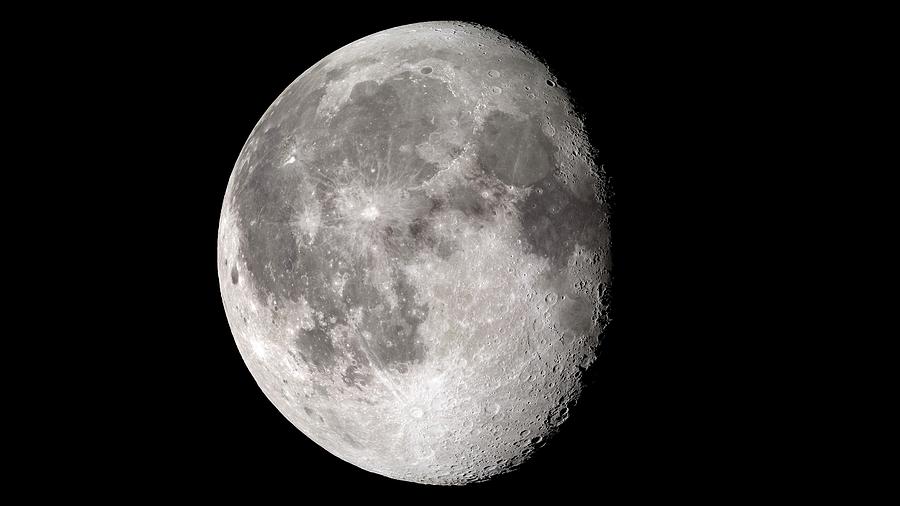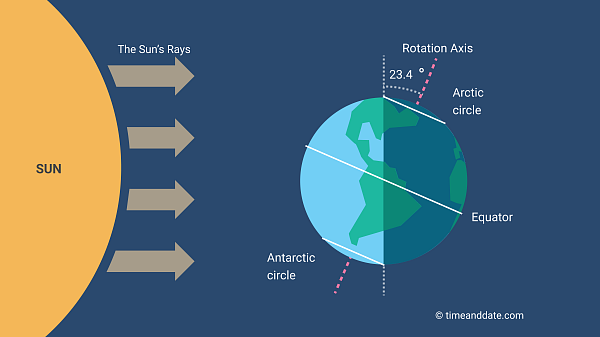(Solar System Formation)
(Solar System Formation)
(Orbits)
(Earth Motion)
(Moon & Tides)
(Solar Energy)
Jovian planets (AKA gas giants)
The solar system model in which the Earth is at the center.
Geocentric
Full cycle is 24 hours. Gives us day and night.
Rotation
Which moon phase is pictured below?

Waning Gibbous
The source of the sun's energy, in which smaller atoms are formed into bigger ones.
Nuclear fusion
What is hypothesized to have caused the initial compression of our solar system?
nearby supernova
The central point of mass between two objects around which both revolve. Closer to the object of greater mass.
Barycenter
Precession
The weaker of the two tides, in which the sun and moon are at right angles, working against one another.
Neap Tides
What type of radiation is blocked by ozone in the atmosphere?
Ultraviolet (UV)
relatively small bodies made mostly of ice that orbit the sun on the outer reaches of the solar system; too small to maintain their own orbits
dwarf planets
States that a planet revolves in an ellipse with the sun at one of two foci.
Kepler's First Law: The Law of Ellipses
Increases or decreases the severity of seasons by increasing or decreasing the angle of Earth's axis.
Nutation
What are the tides caused by?
Gravity of Moon and the Sun
What process is absolutely essential for supporting life on earth, in which organisms convert sunlight into chemical energy stored in food.
photosynthesis
Small "baby planet" that has yet to acquire the size and mass to maintain its own orbit.
planetesimal
Kepler's 3rd Law: Law of Harmonies
What is the Southern Hemisphere experiencing during the Winter Solstice?

Summer
Which two moon phases indicate Spring Tides?
New and Full Moons
What blocks solar wind?
magnetic field
Name the 3 main characteristics of terrestrial planets.
1) small in size
2) Rocky and dense
3) close to the sun (inner planets)
Which section will take the planet longer to travel, A or B?
Neither, since they are both equal areas it will take equal time.
The location of direct sunlight during the Autumnal Equinox.
Equator
Which moon phase is between the first quarter and full moon?
Waxing Gibbous
The difference in temperature between the land and sea causes this phenomenon during the day.
Sea breeze